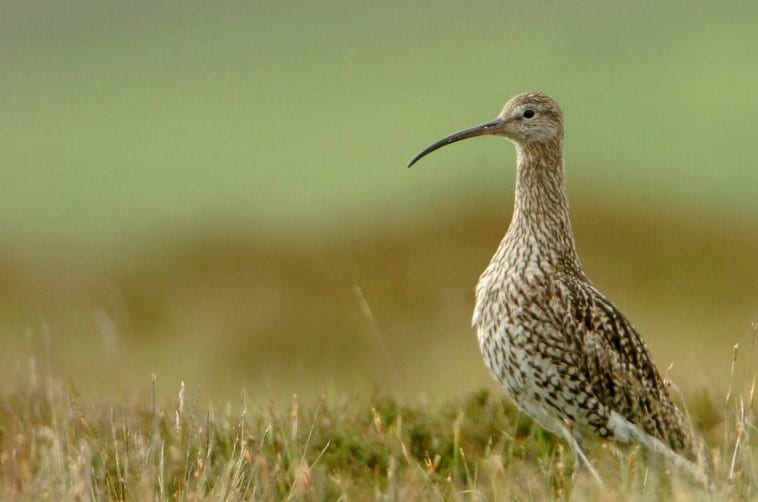
February 27, 2024 marked a historic day for nature in Europe.
The European Parliament approved the Nature Restoration Law (NRL) by a margin of 54 votes, setting the wheels in motion for a collective commitment to protecting ecosystems like we have never seen before.
The final step in the process is for the agreement to receive the formal approval of Member States, which is expected to take place in March or April this year. However, this week’s agreement is widely seen as the final hurdle in getting this vital piece of legislation over the line following months of protest, disinformation and debate.
Despite the bumpy road to get here, the passing of this legislation paves the way for change that benefits both nature and the human society that is very much interconnected with it.
Indeed, Oonagh Duggan, Head of Advocacy with BirdWatch Ireland, said that the Nature Restoration Law is critical to restore nature at a time when climate breakdown is happening in front of our eyes.
“The Nature Restoration Law will provide a legal footing finally for the restoration of habitats in many ecosystems in Ireland and across Europe. If properly funded and managed, it will support both people and nature in urban and rural settings. Farmers have been exercised over this new law feeling that there are so many regulations now to deal with and that it threatens their livelihoods. Yet any restoration activities coming out of this new law would be a farmer’s choice and not forced upon them. It will be entirely voluntary. Many farmers are already restoring habitats on farmland – some through publicly-funded agri-environment schemes and some by their own pockets. The effects of climate are unfurling in front of our eyes and sometimes with ferocity. The new law requires that farmers are incentivised by government to undertake restoration activities. But Government must invest money in more staff and its IT systems to build trust that it can deliver effective schemes and pay farmers on time. After the European Council seals the deal in March, government must develop a Nature Restoration Plan within two years. We must now work together to chart a new course forward where society can empower farmers, fishers and communities to lead in the restoration of nature.”
This Nature Restoration Law requires member states to restore 20% of the EU’s land and sea areas by 2030 and all ecosystems by 2050. Once formally approved in the coming weeks, member states will be required to draft their national restoration plans and lay out in detail how they plan to reach the targets proposed.
In Ireland, 85 percent of our internationally important and protected habitats are in poor condition. As these habitats become degraded, not only do they become uninhabitable for the plants and animals that rely on them, their many ecosystem services (direct and indirect contributions to human wellbeing) are also greatly diminished.
When in a healthy condition, peatlands store carbon, wetlands hold flood water, dune systems serve as protective barriers against flooding and coastal erosion. Considering the climate and biodiversity crises we are currently facing, it is vital that we restore these extremely valuable habitats back to their full health.
CEO of BirdWatch Ireland, Linda Lennon said: “The passing of the Nature Restoration Law in the European Parliament is a win for nature in Ireland and across Europe. I’d like to extend my gratitude to everyone who has worked tirelessly to get this vital piece of legislation across the line, including all of the Irish MEPs who voted it through.
Now the work must begin on designing a Nature Restoration Plan that can truly deliver for both our habitats and the wildlife and humans that are intertwined with them. We must all work together to ensure its success.”

